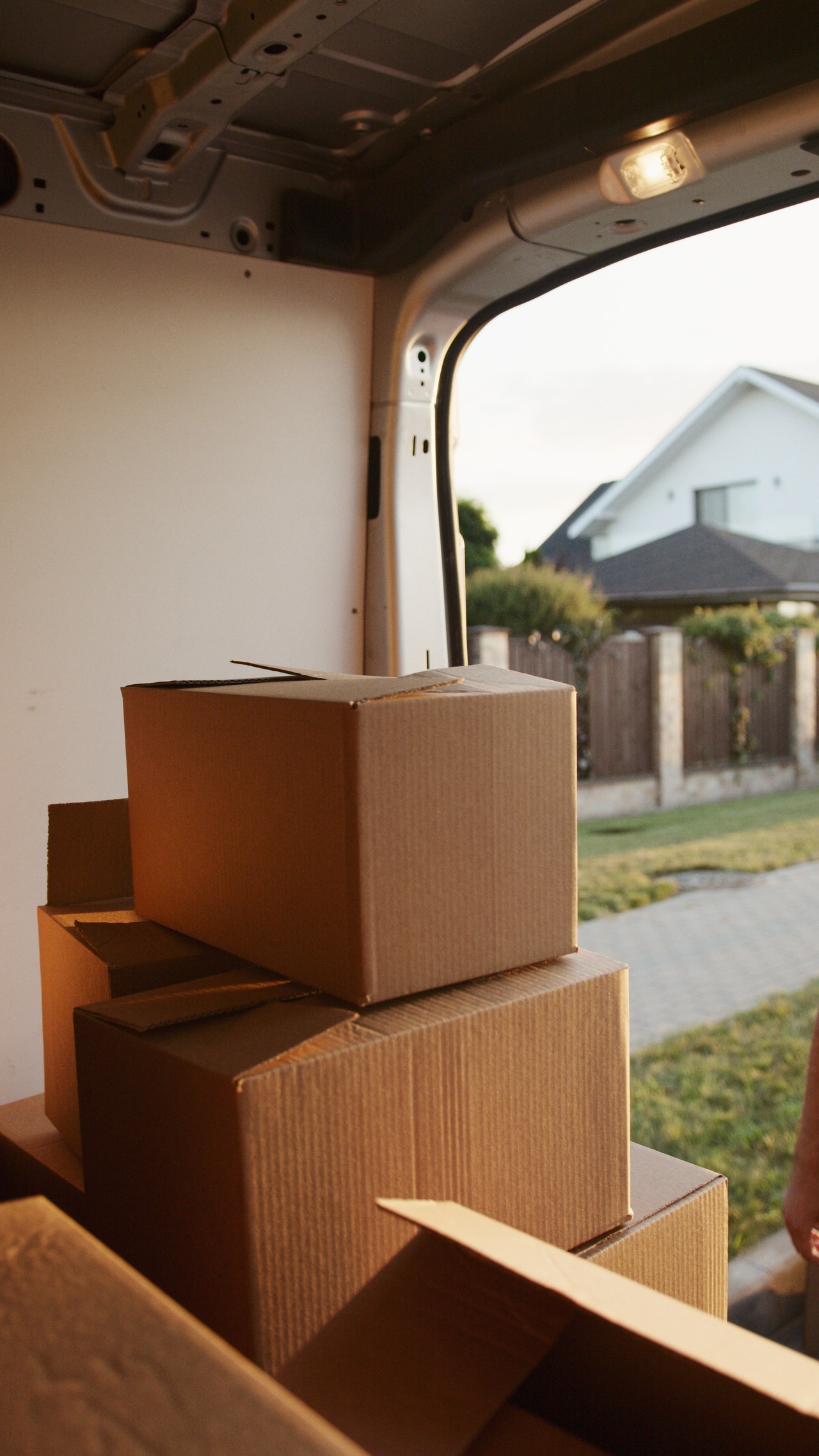Buying a house is exciting. Moving to it? Not so much! Of course, hiring a professional mover to schlep your belongings from your old home to your new abode can make things a whole lot easier. Choosing the right mover, though, will require some careful vetting.
While you probably know to
ask certain questions—like the cost of moving and what COVID-19 precautions the
mover has in place—there’s a lot more you can cover that could help you avoid
some chaos-inducing curveballs down the road. To help you find the right movers, here’s everything you should ask upfront before hiring them for the job.
1. Do
you offer in-person estimates?
Though you can obtain a
moving estimate over the phone or online, getting an in-person estimate is
the way to go, says Scott Michael, president and CEO of the
American Moving and Storage Association.
“Doing it in person ensures
that the mover will see all the items that need to be shipped, and can identify
any complications in advance,” Michael says. “For instance, if there are
low-hanging tree branches that would prevent the moving truck from being able
to pull up to your house, that’s something you want to know ahead of time.”
2. Is
there anything you will not move?
Some movers refuse to move
certain things, warns Lindsey Schaibly, moving services
director at Two Men and a Truck, a franchised moving company based in Lansing,
MI.
For example, a moving
company may not be willing to transport plants, fragile family heirlooms, or
other valuables if it believes the risk of losing or damaging such precious
belongings is too great.
3. What
kind of liability coverage does your company provide?
Under federal law, most
moving companies are required to provide released value protection, or “basic
coverage,” where the company is responsible for 30 cents per pound per item for
an in-state move, or 60 cents for an interstate move, for any items damaged
during the move.
Many moving companies,
though, enable customers to purchase “full-value protection”—an insurance
policy that offers extra protection. Here’s how it works: If any of your
articles are lost, destroyed, or damaged during the move, full-value protection
requires the moving company to either have the item repaired so that it’s in
the same condition as it was before being damaged, replace it with something
similar, or give you cash to replace it.
If you want to purchase
full-value protection but a mover doesn’t offer it, you can buy an insurance
policy from a third party.
4. Is
your crew covered by workers’ compensation?
Reputable moving companies
carry workers’ compensation—a form of insurance that pays for medical expenses
and lost wages if employees are injured on the job. If you hire a mover that
doesn’t offer workers’ compensation, you could be held responsible if an
accident occurs during the move.
5. Do
you disassemble and reassemble furniture?
Large pieces of
furniture—such as bed frames, couches, and dining tables—often have to be
dismantled before they can be moved safely through doorways, hallways, and
stairs. Many movers will disassemble and reassemble furniture for you, but some
won’t—especially when asked to put together antique furniture without an
instruction manual—so make sure you know which services the moving company
offers.
6. Will
you—or a third party—be delivering my items?
While many moving companies
have their own movers do the packing and driving, some movers act only as
brokers and subcontract their services  to a third party. The issue there is
to a third party. The issue there is
that some moving contractors are more experienced than others.
If a moving company says it
will be outsourcing the loading, transporting, or unloading of your items, make
sure the contractor has a qualified team of moving professionals that is up to
the task. Some moving companies will even let you meet the actual movers face
to face before the big day.
7. If I
pack my own belongings, are there any restrictions on the type of boxes I can
use?
Packing stuff up yourself can
help you trim your moving costs, but some movers require self-packers to use
particular types of boxes or packing materials.
For instance, a moving
company may require you to protect items by covering them in protective
material instead of towels.
Pro tip: “Boxes and
protective material like Bubble Wrap and newsprint are the most effective means
of carrying, transporting, and protecting one’s personal items,” says Aaron
Steed, CEO and founder of Meathead Movers in California.
8. Can
you guarantee my delivery date?
If you’re planning an
interstate or cross-country move, certain movers will offer to deliver on a
particular day, whereas others may promise to deliver only within a two- or
three-day window. The latter can help lower costs, but if you need your stuff
by a certain deadline, make sure your movers can accommodate your schedule.
9. How
much will it cost—and are there extra fees I should know about?
Moving costs can vary
significantly. You can get an instant estimate for your move using Realtor.com’s moving cost calculator, which will give you a
ballpark figure on the cost of your move based on the number of rooms you have,
how far you’re moving, and other variables.
Brace yourself for some
surprises. For one, the average cost of a local household move is $1,250,
according to Moving.com. That number climbs to a whopping $4,890 for a
long-distance move, based on an average weight of 7,500 pounds and an average
distance of 1,000 miles.
Still, every moving company
has its own way of evaluating the cost of a move—and some movers will offer
significantly lower estimates but bake in hidden fees (e.g., fuel charge,
stairs charge, or even heavy-item charge).
10. Do
you offer any discounts or promotions?
This question may seem like
a no-brainer, but many consumers forget to ask it, Michael says. Some moving
companies offer discounts to AAA members, veterans, or customers who are
willing to pay in all cash, so don’t leave free money on the table.

